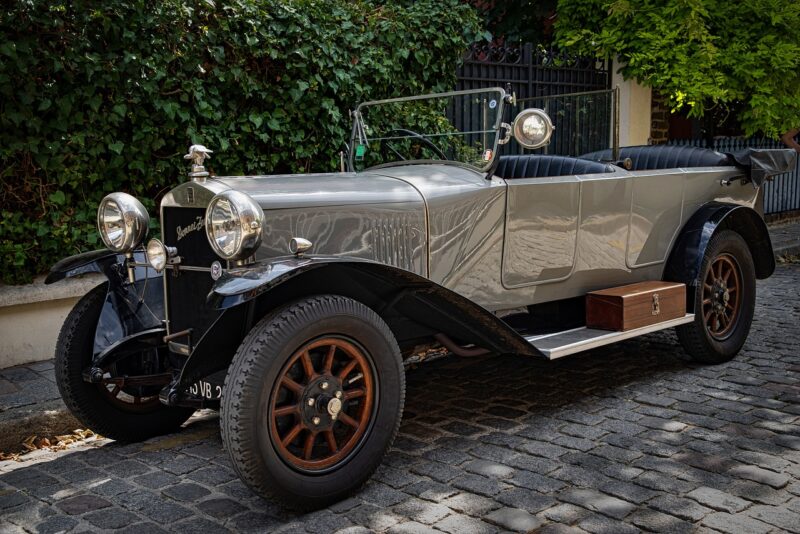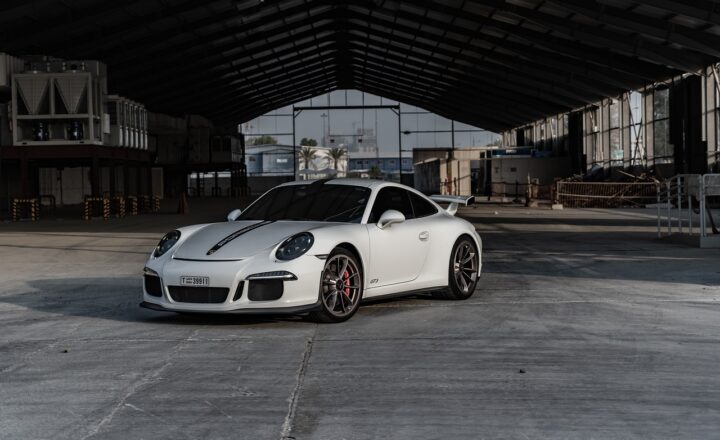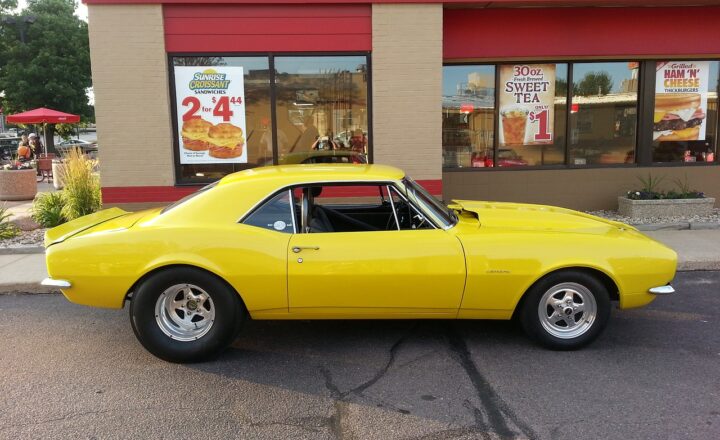Wheels on Fire: The Most Iconic Cars of the 70s That Changed Everything
November 18, 2024

The 1970s was a transformative decade for the automotive industry, marked by innovation, design evolution, and a shift in consumer culture. From muscle cars to compact fuel-efficient vehicles, the era produced vehicles that not only defined a generation but also set the stage for the future of the automotive world. In this article, we will explore the most iconic cars of the 70s that changed everything and continue to inspire car enthusiasts today.
1. Introduction to the 70s Automotive Revolution
The 1970s was a decade characterized by significant social change, economic challenges, and advancements in technology. The oil crisis, rising environmental awareness, and changing consumer preferences led manufacturers to rethink vehicle design. The decade saw a fusion of power and efficiency which gave birth to some of the most iconic cars in history.
2. The Muscle Car Era: A Roaring Tribute
At the start of the decade, muscle cars reigned supreme on the roads. Powerful engines and aggressive styling made these vehicles immensely popular among enthusiasts.
Chevrolet Camaro
Introduced in 1966, the Camaro became a symbol of American automotive muscle. The 1970 model featured a range of options, including the dominant Z28 package equipped with a 350-cubic-inch V8 engine. Its sleek lines and performance appeal captured the hearts of many.
Ford Mustang
The Mustang, originally launched in the 1960s, continued its legacy into the 70s with bold styling and new performance packages. The 1971 Mustang, with its muscular stance and powerful 429 Cobra Jet engine, remained a favorite among speed aficionados.
3. The Shift Toward Efficiency
As the decade progressed, the oil crisis forced consumers to reconsider their vehicle choices. Fuel efficiency became a priority, leading to the rise of compact cars.
Volkswagen Beetle
The Beetle was already an established name but gained further traction during the 70s as a fuel-efficient alternative. Its quirky design and reliable performance appealed to an emerging demographic seeking practicality over power.
Datsun 240Z
The Datsun 240Z debuted in 1970, capturing the essence of a sports car while being affordable and fuel-efficient. Its sleek design and 2.4-liter engine made it a hit among enthusiasts and a game-changer in the sports coupe market.
4. The Rise of Japanese Automakers
Japanese car manufacturers began to make significant inroads into the U.S. market during the 70s, emphasizing quality, reliability, and fuel efficiency.
Toyota Corolla
The Corolla was a small sedan that perfectly embodied efficiency and reliability. Its introduction in the U.S. in 1968 gained traction through the 70s, turning it into one of the best-selling cars of all time.
Honda Civic
The Honda Civic debuted in 1972 and saw rapid popularity for its compact size and fuel efficiency. It marked the beginning of a shift towards smaller, more economical vehicles that catered to budget-conscious consumers.
5. Innovations in Safety and Design
The 1970s also brought advancements in automotive safety and design principles, which influenced future generations of vehicles.
Ford Pinto
While controversial for its safety issues, the Pinto’s introduction in 1971 marked a significant moment in automotive design, emphasizing small cars in a rapidly changing market. An affordable entry-level vehicle, it captured a demographic looking to save on costs but sparked vital discussions about safety standards.
Chevrolet Vega
Introduced in 1970, the Vega was designed with a focus on modern styling and innovative engineering, including a lightweight aluminum engine. Its production techniques and styling cues would influence small car designs for decades to come.
6. Cultural Impact: Cars in Popular Culture
The 70s also solidified the car’s place in popular culture, reflecting the lifestyle and aspirations of the era. Iconic films showcased the automotive revolution, inspiring future generations.
Bullitt (1968)
Though released at the tail end of the 60s, the movie “Bullitt” featuring Steve McQueen driving a 1968 Ford Mustang represented the essence of performance cars that would continue into the 70s. The legendary chase scenes cemented the Mustang’s place in automotive and film history.
Smokey and the Bandit (1977)
This film popularized the Pontiac Trans Am, showcasing a strong Southern culture and the rebellious spirit of the decade. The Trans Am became emblematic of the freedom and adventures of 70s America.
Conclusion: The Legacy of the 70s Automotive Icons
The 70s was undeniably a pivotal decade for the automotive industry, yielding cars that not only showcased innovation but also defined cultural norms. The transition from muscle cars to compact sedans emphasized the changing needs of consumers, laying the groundwork for the future of motoring.
These iconic vehicles continue to inspire automakers and enthusiasts, reminding us of a time when cars were not just modes of transportation but symbols of freedom, identity, and innovation.
Whether you’re a fan of the roaring engines of muscle cars, the reliability of Japanese imports, or the innovative spirit of the 70s, these vehicles have left an indelible mark on the automotive landscape that resonates to this day. Embrace the legacy of wheels on fire and celebrate the cars that indeed changed everything.






